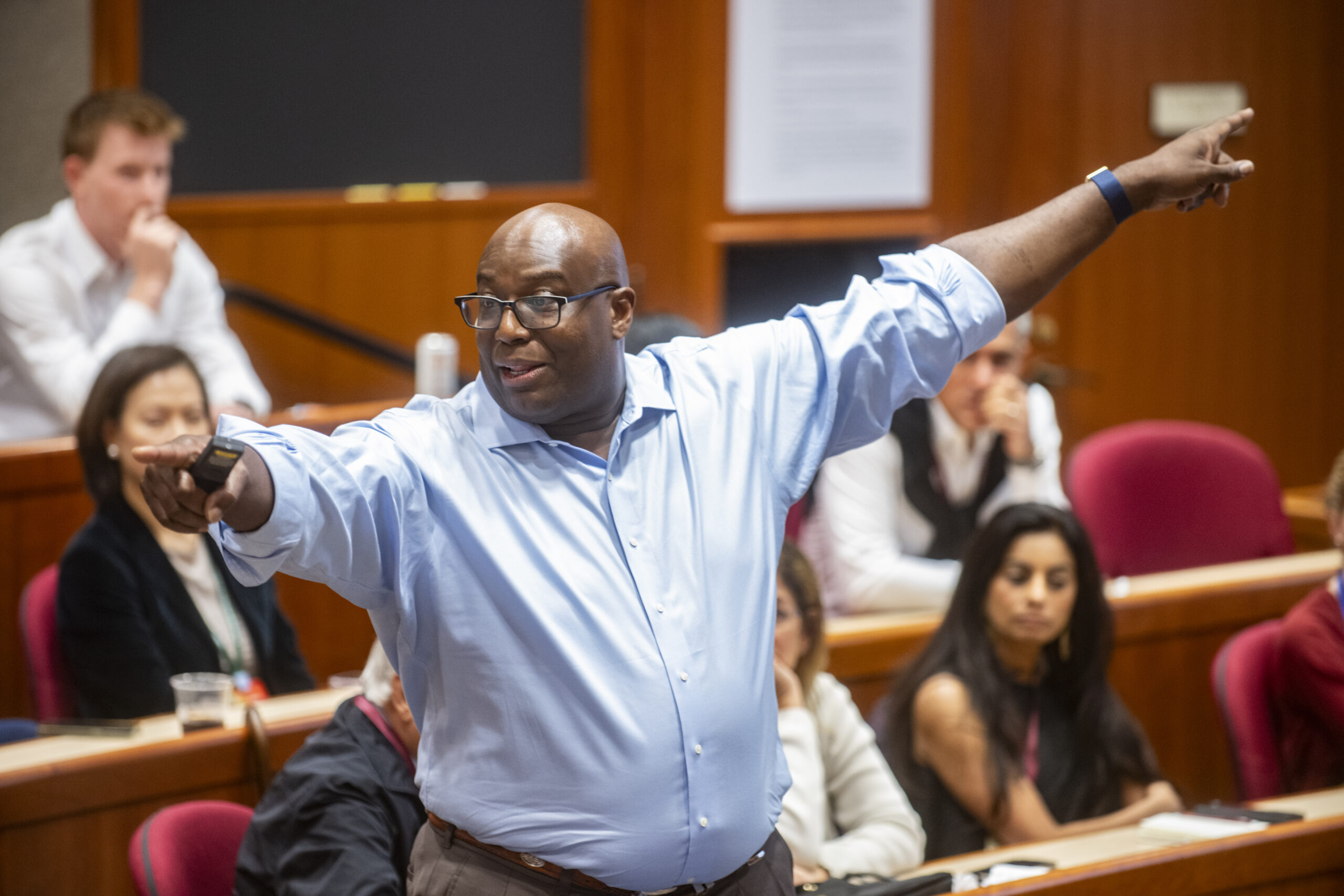
Governing for Nonprofit Excellence (GNE) is a Harvard Business School executive education program designed for nonprofit board leaders. To learn more about GNE and our other executive education programs, visit our website. Read more about one participant’s program experience below.
In early 2017, I joined the board of directors of Possible Health, a nonprofit that delivers health care to 500,000 people in rural Nepal. Though I had some experience with nonprofit boards, I realized that I was under-prepared for the role at Possible. The scale at which Possible operates and its potential were both exciting and daunting. My goal is to help Possible reach its full potential.
Possible’s objective is to leverage the lessons from our experience thus far and expand our presence across Nepal and eventually to other regions of the world.
I took the redeye to Boston on Labor Day excited to learn about the best practices for nonprofit board members and discuss Possible’s challenges with other participants. We started with an introduction to the course and Professor Dutch Leonard talked about why governance and rigor were critical for nonprofits – our organizations address the hardest problems with the lowest level of resources and the least amount of structural assistance. He further pointed out that leadership needs to fill the gap between actual performance and the full potential of the organization. Looking around the classroom, the enthusiasm and energy was palpable in the attendees who were board members of nonprofits from Argentina to Ghana to Bosnia to India and everywhere in between.
The course focused on leadership and strategy consisting of three modules:
1. Aligning mission and strategy
2. Performance and results orientation
3. The governing mindset
These modules when combined in a coherent fashion are what makes nonprofits, actually any, organization successful. The quote that tied this together for me was, The most common form of human stupidity is forgetting what we were trying to do in the first place, by Nietzsche. The course helped board members tie mission to execution, measure the performance towards the mission and help the organization make the appropriate adjustments through governance and therefore ensure that we didn’t forget what we are trying to do in the first place.
The case method was a new experience for me. I was skeptical in the beginning but the power of this learning style became apparent quickly. By viewing the case through multiple lenses:
• As literal history
• As a metaphor
and by trying to create a logical narrative of what the protagonist should have done and what they should do now was a powerful way to think about important business and organizational issues. The pre-class discussion in small teams and the class discussion helped me look at these problems from different angles and build more general analytical approaches and frameworks.
An “aha” moment came when we discussed the use of Balanced Scorecards to measure progress. This is something that I’ve used in for profit companies and I was pleasantly surprised that it applies to nonprofits too.
Finally, the most amazing thing for me was the quality of the people in the course – both the attendees as well as the instructors. The attendees were people who are so deeply committed to their organizations and their missions that many of them flew half way around the world and spent four days learning how to be better leaders. The instructors were not just professors at Harvard, but had significant nonprofit board experience and were actors in some of the cases that we studied. F. Warren McFarlan was the author of Joining a Nonprofit Board: What You Need to Know. It was humbling to spend time with this group. I learned an incredible amount about nonprofit leadership and leadership in general in four days.
I have already started discussions with the Possible team to incorporate the lessons of Governing for Nonprofit Excellence into our organization. It is still early days, but the discussions have been very positive and enthusiastic. I am looking forward to helping Possible reach its potential and to report back on our progress.